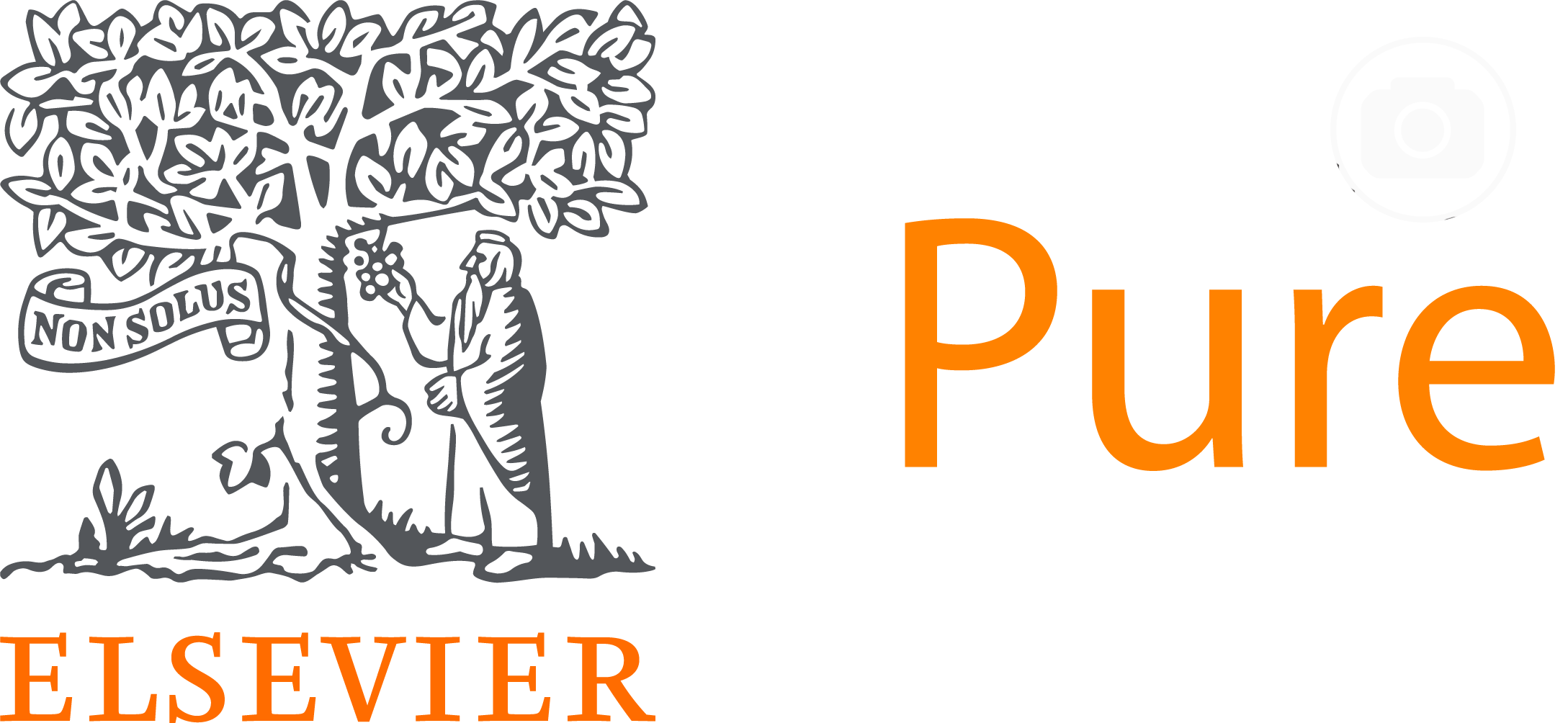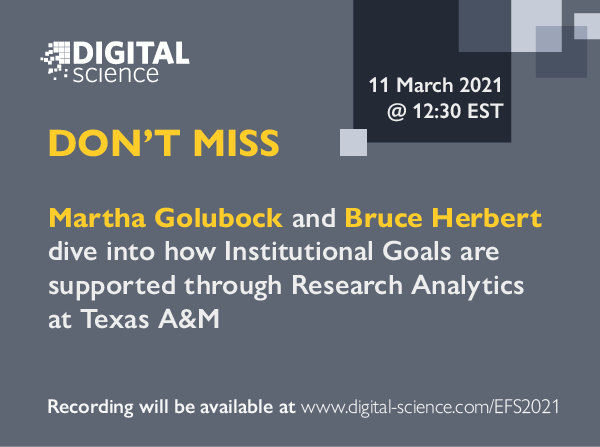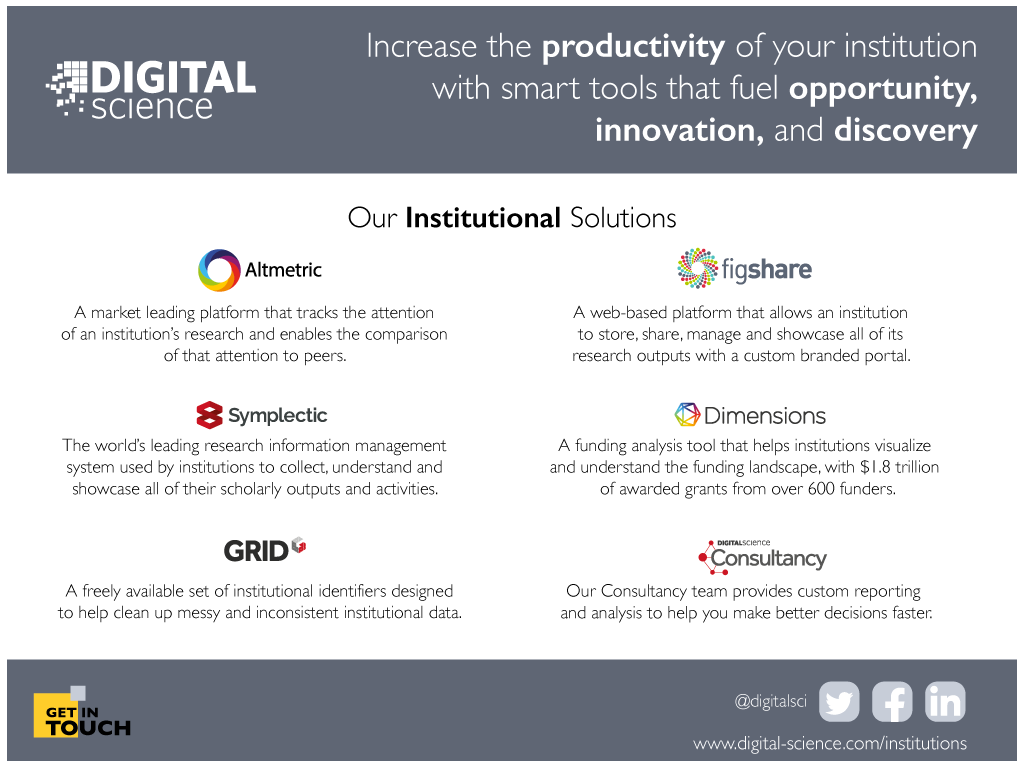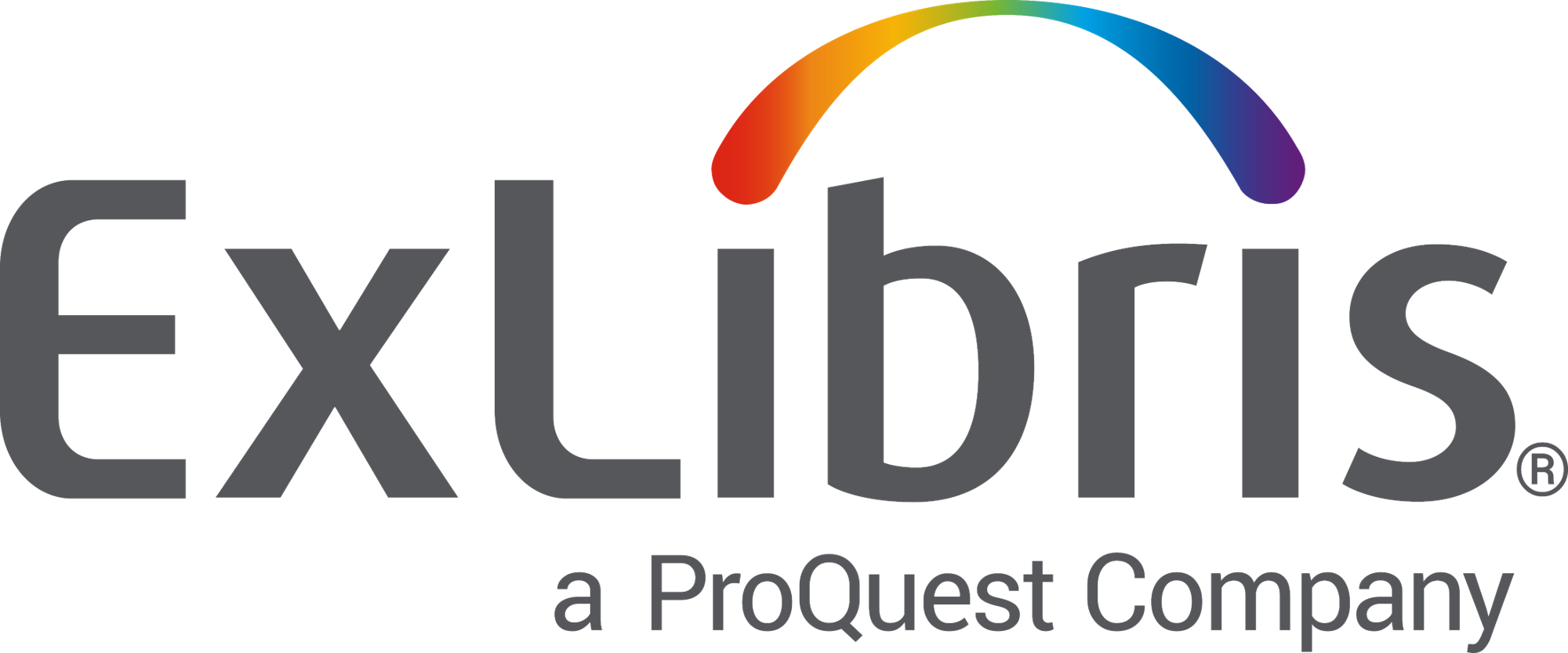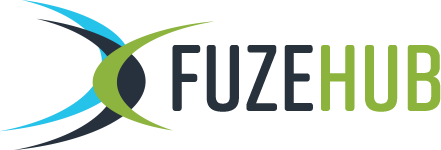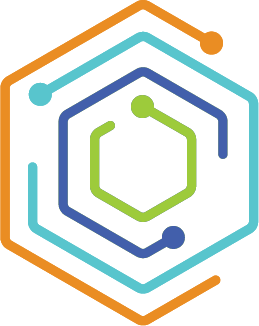Note: All times listed are Eastern Time.
Challenges and Successes in Implementing a Research Information Management System
Moderator: Liz Tomich, Sr Solutions Account Manager, Institutional Sales, North America, Digital Science
Morning Session Recording | Afternoon Session Recording
10:30 am-11:00 am
Pre-conference Networking and Technical Assistance
11:00 am-11:10 am
Welcome and Instructions
Amy Finley, Forum Steering Committee Chair
Director, Florida ExpertNet, Florida State University
Kim Lloyd, Forum Steering Committee Member
Director, Special Projects, FuzeHub
11:10 am-11:50 am
Keynote Address: The Rapidly Changing Research Information Management Landscape
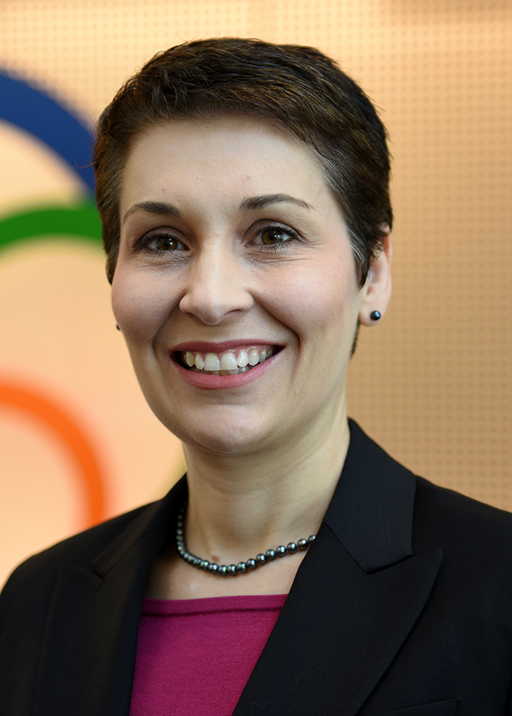
Rebecca Bryant
Senior Program Officer,
OCLC Research
Expert finder systems are part of a larger ecosystem of research information management, comprising a variety of use cases, systems, practices, workflows, and stakeholders. This broad array of activities mirrors the complexity and decentralization so characteristic of U.S. higher education, but still reflects commonality in the core practice of aggregating, curating, and using metadata about institutional research activities. Bryant discusses the rapidly changing RIM landscape in the U.S., the focus of a current project at OCLC Research.
Role of libraries Case study
11:50 am-Noon
Meet Our Sponsor—Digital Science
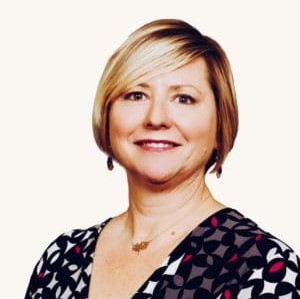
Kelsey Rosell
SVP, Commercial Director
Digital Science
Kelsey Rosell has 30 years of experience helping research and academic organizations access and analyze their data in order to provide informed, actionable insights to fuel discovery and collaboration. Rosell's team is responsible for leading research and collaboration platforms such as the Ohio Innovation Exchange, a statewide initiative to foster R&D collaboration.
Noon-12:15 pm
Coffee Talk: Small-group Sharing about Your Own Challenges & Successes in RIM
12:15 pm-12:35 pm
Faculty Profiles@Tufts: The Journey towards a Comprehensive University EFS

Paul Bergen
Educational Technology & Learning Spaces Director, Tufts University

Kelsey Rosell
SVP, Commercial Director
Digital Science
Tufts partnered with Digital Science to create a comprehensive source to identify all faculty across nine university schools, develop a sustainable resource documenting the intellectual capital produced by faculty, and allow faculty to be discovered and connect with colleagues at the university and beyond. This session documents lessons learned, including review of the selection process, approach to stakeholder engagement, and planning around roll-out of Faculty Profiles@Tufts—all while sustaining alignment with institutional priorities, managing needs of varied groups, and focusing on sustainability. Collaboration resonates in this story, in terms of both Tufts' internal processes and the relationship with Digital Science.
Social interoperability Elements Case study
12:35 pm-12:55 pm
Bring Your Research Asset Data to Life! Driving Interaction through Dynamic Data Visualizations and Engaging Content

Anne Lykke
VBN Team,
Aalborg University
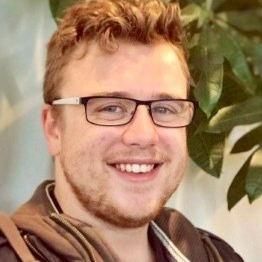
Kristian Toland
Product Manager,
Pure Portals, Elsevier

Søren Vidmar
Consultant/Product Manager,
Aalborg University (Denmark)
The presenters discuss how they use their portal to showcase the university's research assets. Next, they show some new ways they have tried to visualize their research data in different contexts to make the data more visually appealing and interesting to explore and to make the data interactive. They also show examples of how they have tried to bring their data to life through services such as Flourish, Google Data Studio, and Sway. Finally, the presenters cover the challenges they still face in making their data appealing—working both independently and in collaboration with the Elsevier Pure team.
Tools & technical interoperability Pure Case study Use case Research impact
Note: All times listed are Eastern Time.
Supporting Expertise Discovery in the COVID Era
Moderator: Rebecca Bryant, Senior Program Officer, OCLC Research
Morning Session Recording | Afternoon Session Recording
10:30 am-11:00 am
Pre-conference Networking and Technical Assistance
11:00 am-11:20 am
Profiles Research Networking Software: Updates and Applications for COVID-19
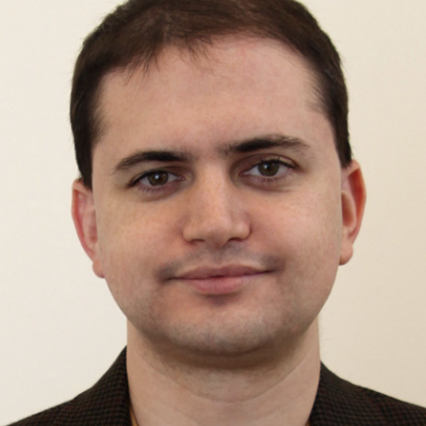
Griffin Weber
Associate Professor of Medicine and Biomedical Informatics, Harvard Medical School
Profiles Research Networking Software is an open-source semantic web application that generates searchable online profiles of an organization's investigators. It begins with names, positions, and contact information from the organization's internal administrative systems and then searches external data sources to link content, such as publications, to investigators' profiles. Data mining algorithms discover connections between investigators. Data visualizations display the connections as interactive graphs. Profiles RNS was created at HMS and is used in dozens of institutions. The presenter discusses updates to Profiles RNS and a new site, CovidAuthors.org, which uses Profiles RNS to visualize the global community of researchers publishing on COVID-19.
COVID-19 Harvard Profiles
11:20 am-11:40 am
Research Intelligence, Repurposed Data, and Reputation: The Evolution of VIVO, an Open-source Research Information Management System
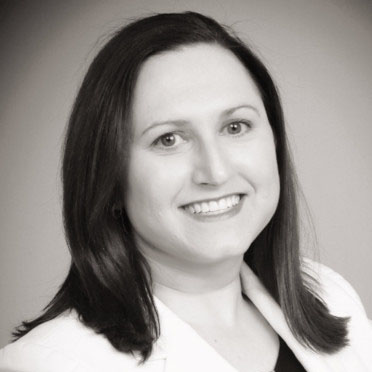
Ann Beynon
Global Manager, Sales and Customer Success Training, Science Group Clarivate

Bruce Herbert
Director, Scholarly Communications, Texas A&M University
VIVO is member-supported, open-source software and ontology for the representation of scholarship. VIVO supports research discovery, expert finding, network analysis, and assessment of research impact. The presenters describe new initiatives and product development by the VIVO community, including an emerging strategy to couple VIVO implementation with the Web of Science to provide cost-effective solutions to specific institutional needs. They explore VIVO implementations at U.S. and European institutions that have led to strong faculty engagement. Specifically, they compare the evolution of implementations that support interdisciplinary collaboration, research intelligence, and scholarly reputation.
Clarivate VIVO
11:40 am-Noon
Don't Give-up on the Free Puppy: Lessons Learned on Integration

Melodi Moore
Research Development Specialist, University of Texas Medical Branch
In 2015, the University of Texas System gifted its 13 institutions the Elsevier Pure Experts Profile system for three years. It was at this time that the presenter first heard the phrase, "Never accept a free puppy"—meaning the puppy is never really free because of the time and cost of training and caring for it. She shares the experiences of the team at UTMB as they started integrating Pure with local systems, along with their successes and challenges. She also discusses the team's plans for integrating Pure with other systems.
Tools & technical interoperability Pure Use case
Noon-12:10 pm
Meet Our Sponsor—Ex Libris
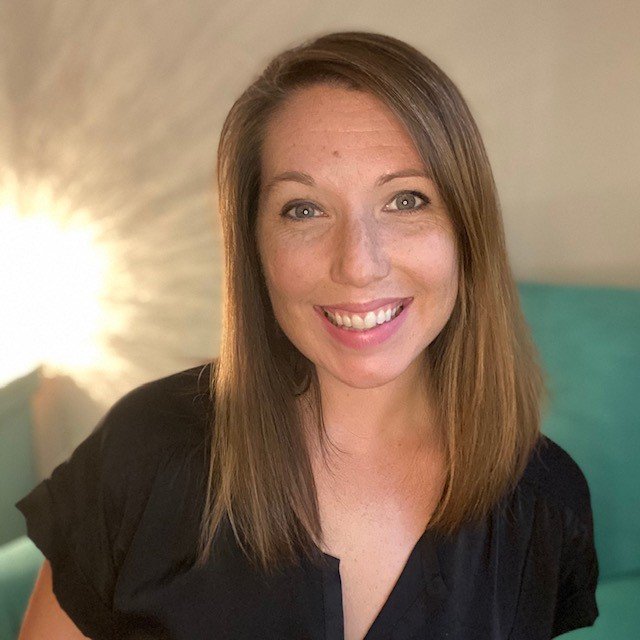
Sara Branch
Research Solutions Expert
Ex Libris
Sara Branch has a decade of experience in academic teaching, research, and service. She currently serves as an educational technology solution specialist focused on technology to support higher education teaching and research.
12:10 pm-12:35 pm
Gathering around Projects
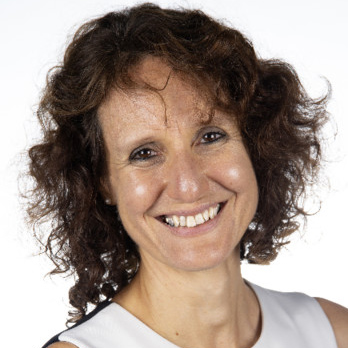
Karin Scarpinato
Senior Associate Vice President, Research, Florida Atlantic University
Existing expertise databases have intrinsic problems that may discourage their use by faculty. One is that they provide a general sense of the faculty's training, but do not convey their latest research idea or project. Also, when collaborations happen organically among faculty, in almost all cases they happen because the faculty talk about an idea or project. So FAU created a project-centered tool that allows researchers to "meet" around their ideas, rather than their expertise. A second module, a project-management tool specific for grant writing, allows research administrators to take these teams toward funding.
Social interoperability Home grown Case study Use study
12:35 pm-12:55 pm
Florida ExpertNet's COVID-19 Portal

Blair Monroe
Assistant Director, Center for Information Management and Educational Services, Florida State University
Florida ExpertNet brings together information about externally funded researchers from a dozen of Florida's public and private universities. Its purpose is to facilitate research collaboration across universities and to support the state's economic development aims. In 2020, ExpertNet developed a new sub-site highlighting the work of researchers in specialties relevant to COVID19—in the life sciences, engineering, social sciences, and beyond. The presenter discusses the development and implementation of that portal.
COVID-19 Home grown
Note: All times listed are Eastern Time.
Making the Most of Your System
Moderator: Gwen Evans, Vice President of Global Library Relations, Elsevier
Morning Session Recording | Afternoon Session Recording
10:30 am-11:00 am
Pre-conference Networking and Technical Assistance
11:00 am-11:40 am
Keynote Address: How We Made the Most of UMETRICS: A Case Study

Bruce A. Weinberg
Professor of Economics and Public Affairs, The Ohio State University
The
UMETRICS Initiative has applied a big data method to quantify the economic value of universities. Weinberg discusses how the team identified matches between research and patents to identify natural employers for graduates and how they used it to rigorously document how universities impact their communities. He also discusses other potential uses of the data, including identifying untapped innovative potential and diversity, equity, and inclusion.
Economic development
11:40 am-11:50 am
Meet Our Sponsor—Elsevier
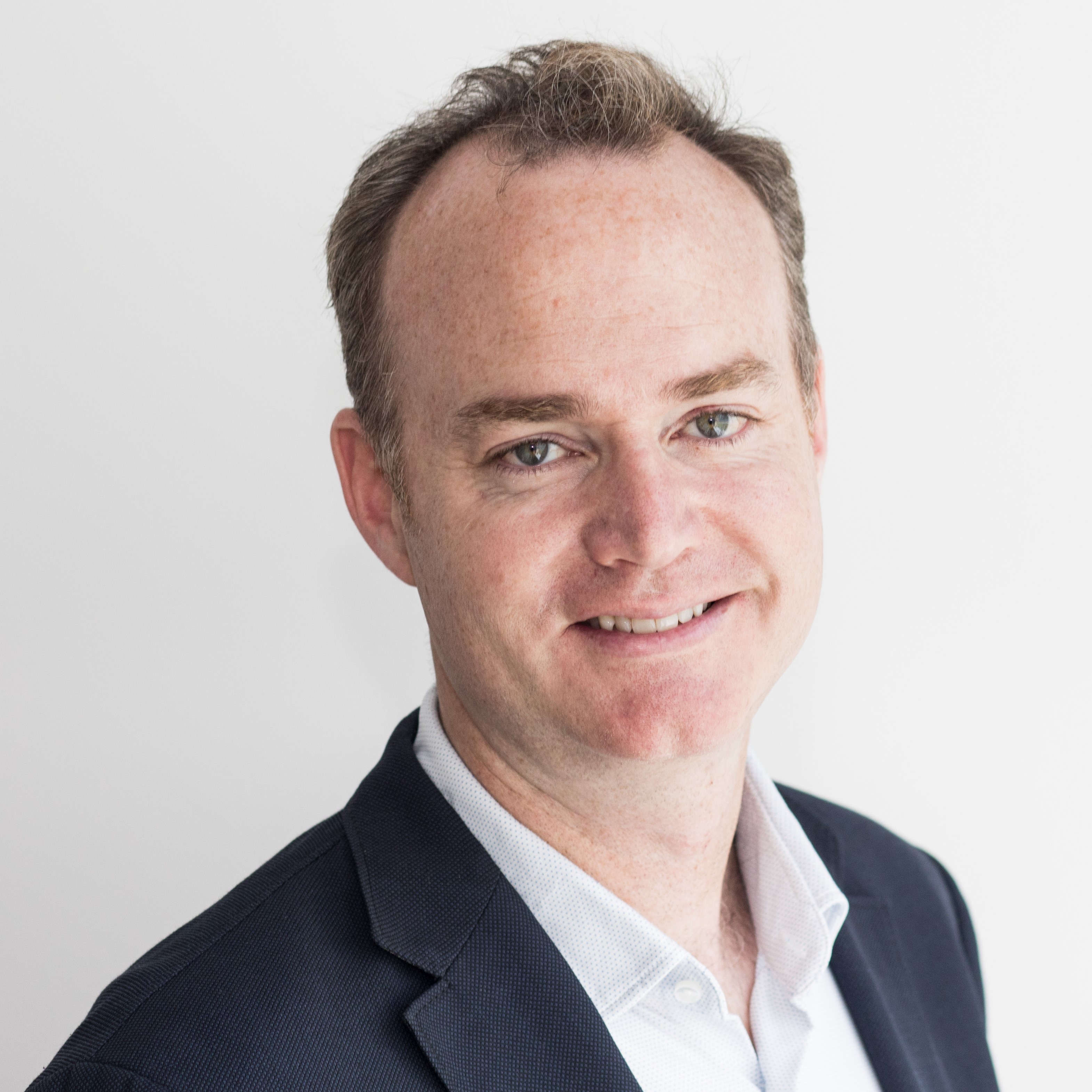
Patrick Crisfulla
Vice President, Research Information Solutions
Elsevier
Patrick Crisfulla oversees the product, implementation success, and customer support functions for Pure. He will discuss how a next generation RIM system equipped with advanced text mining, machine learning, and natural language processing supports institutional goals focused on gathering, tracking, reporting on, and showcasing Open Access publications and datasets as well as institutional research that impacts each of the UN Sustainable Development Goals.
11:50 am-12:10 pm
Expert Finder Systems for Competitive Analysis: Connecting Scholars@FIU to Strategic Initiatives

L. Bryan Cooper
Associate Dean for Engagement and Innovation, Florida International University Libraries
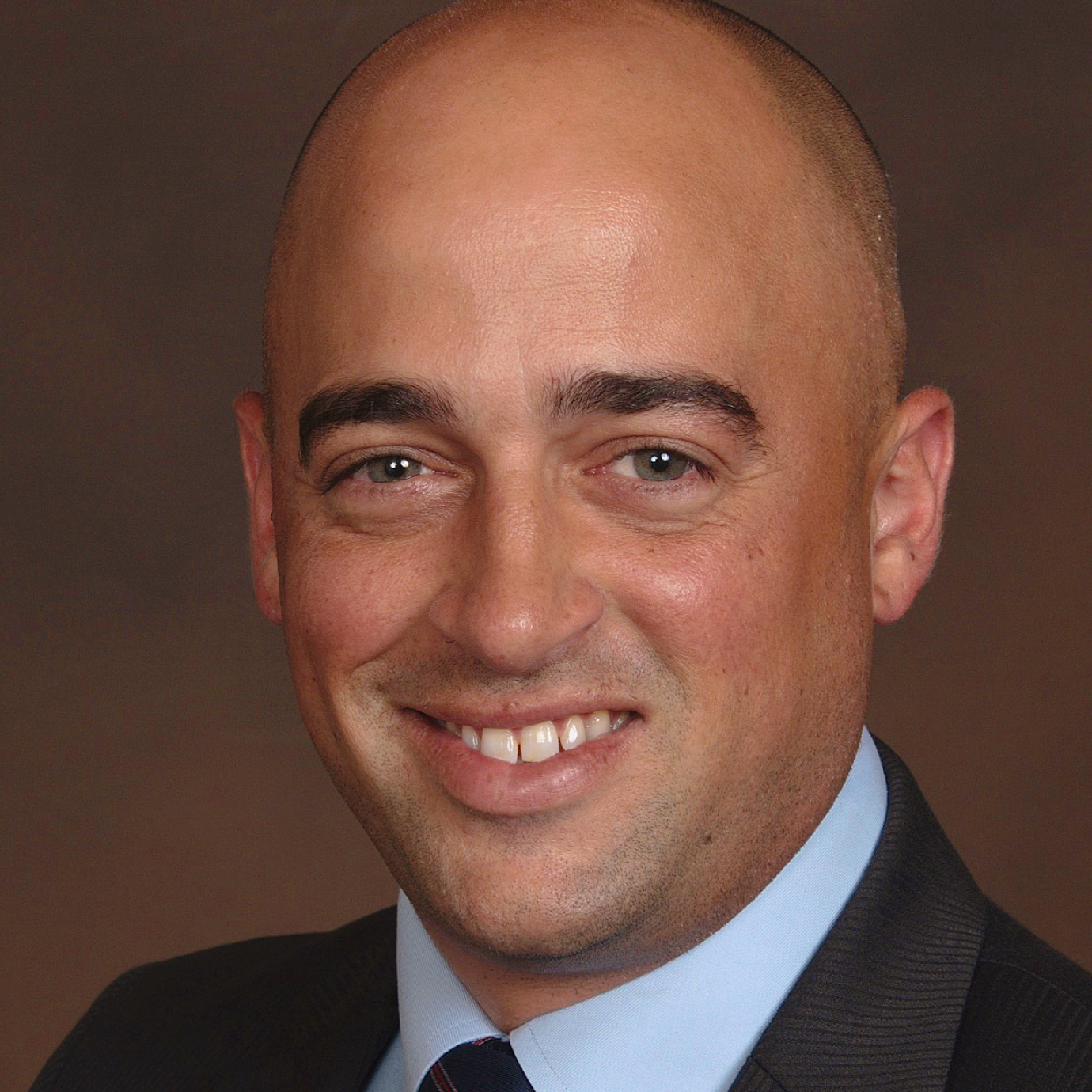
David Driesbach
Assistant Vice President for Research, FIU
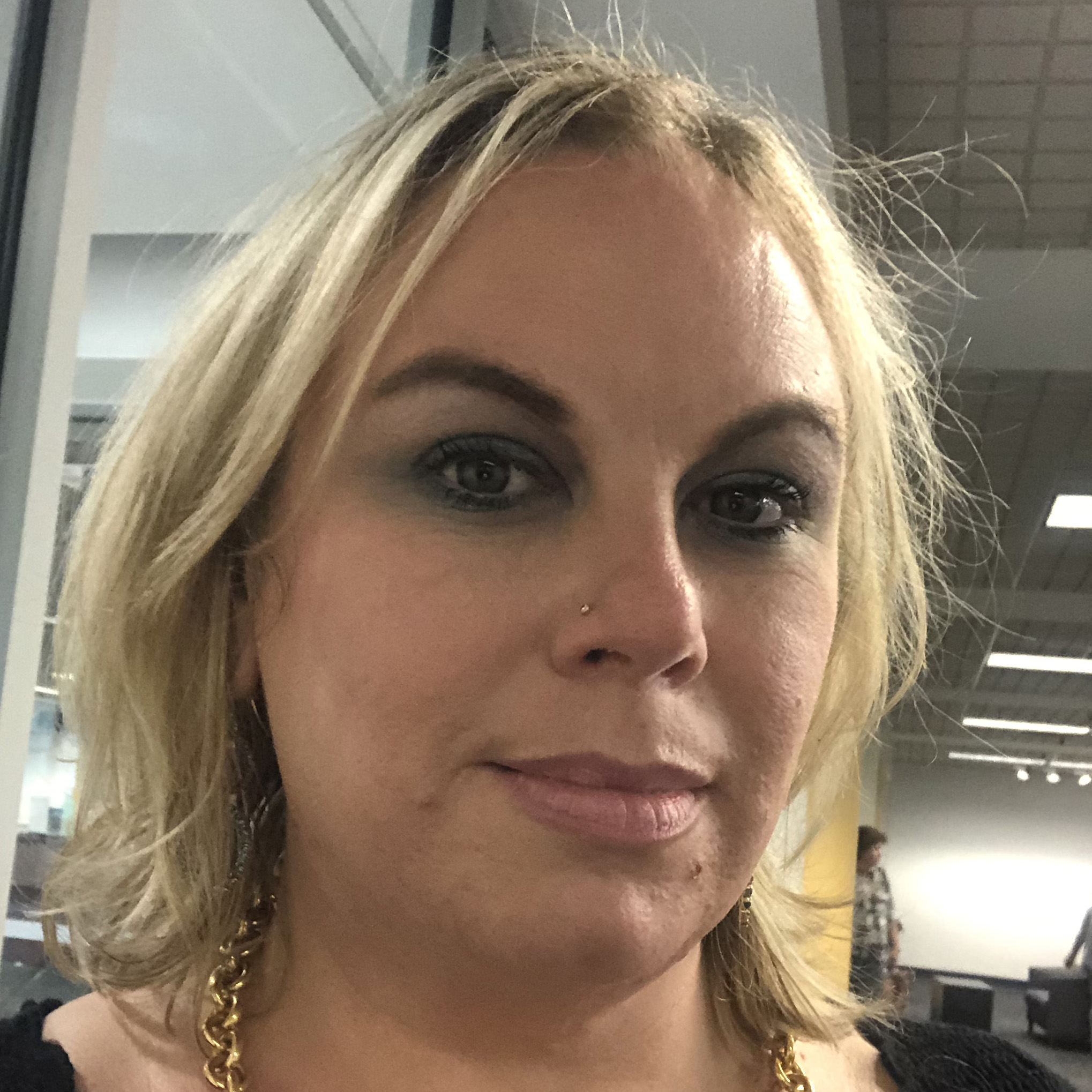
Elana Karshmer
Head of Information & Research Services, Green Library, FIU
Learn how Scholars@FIU became a critical component of institutional planning and execution for rankings, research, and reputation. This case study starts with an initial partnership between two members of the University Library and the Office of Research and Economic Development that evolved into a university-wide team. Partnerships with vendors such as Digital Science, Clarivate Analytics, and Elsevier were fostered for the creation of an enhanced data infrastructure, enabling both discovery and competitive analysis supporting FIU's schools and colleges in their drive to contribute to institutional performance. The team also engaged campus units responsible for visualizing data output and marketing, helping position the university to advance in national and international rankings.
Social interoperability Elements VIVO Case study Research Impact
12:10 pm-12:25 pm
Coffee Talk: What Are You Doing to Maximize Your System?
12:25 pm-12:40 pm
ReCiter: An Open Source Author Disambiguation System for Academic Medical Institutions

Paul Albert
Identity & Access Management Architect / Associate Professor, Weill Cornell Medicine
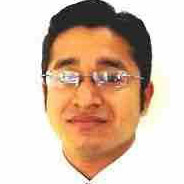
Sarbajit Dutta
Senior Architect, Weill Cornell Medicine

Terrie Wheeler
Library Director, Weill Cornell Medicine
ReCiter is a highly accurate, rule-based system for inferring which publications in PubMed a given person has authored. It does so by leveraging institutionally maintained identity data (e.g., departments, relationships, email addresses, year of degree). With the more complete and efficient searches that result, institutions can save time and be more productive. Running ReCiter daily, one can ensure that targeted users are the first to learn when a new publication has appeared in PubMed. The presenters demonstrate how to run ReCiter, its set of APIs for retrieving data, and integration with a third-party interface to capture feedback to further improve accuracy.
PIDs, metadata Home grown
12:40 pm-12:55 pm
Penn State's Researcher Metadata Database
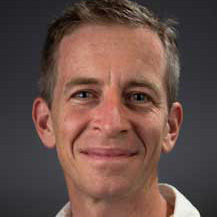
Dan Coughlin
Assistant Librarian, Head, Libraries Strategic Technologies, Penn State University, University Libraries
The Researcher Metadata Database aggregates information from campus systems such as ORCiD, Pure, Digital Measures, Clarivate, NSF, Open Access Button, our Electronic Theses and Dissertation System, and Workday. The goals are to reproduce the ability to aggregate this data on demand, to provide access to other units and campuses within Penn State via an API for applications such as faculty and department websites (by supplying a near out-of-the-box solution), to provide common reports on this data for administrative functions, and to power an open-access workflow to help reduce faculty burden in complying with the institution's open access policy.
PIDs, metadata Tools & technical interoperability Activity Insight/Digital Measures Pure Case study
Note: All times listed are Eastern Time.
Leveraging Relationships in Research Information Management
Moderator: Besiki Stvilia, Professor, School of Information, Florida State University
Morning Session Recording | Afternoon Session Recording
10:30 am-11:00 am
Pre-conference Networking and Technical Assistance
11:00 am-11:20 am
Elements of Success: A Case Study in Library-Led Implementation of RIMS

Clarke Iakovakis
Scholarly Services Librarian, Oklahoma State University

Megan Macken
Oklahoma State University, Digital Scholarship Librarian
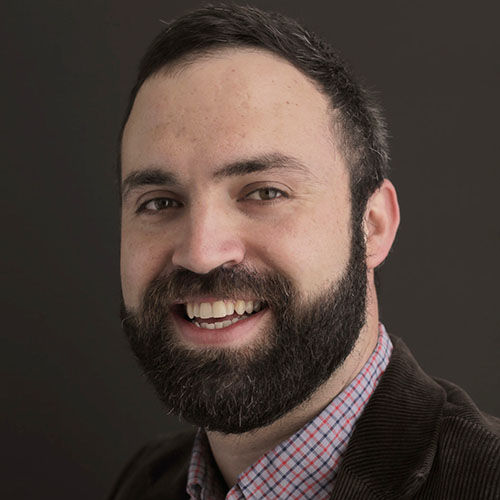
Matt Upson
Oklahoma State University, Associate Dean for Research & Learning Services
The OSU library managed the university-wide implementation of a RIM system—deploying expertise in data modelling (in mapping existing data sources to the RIM system data structure), harvesting (in gathering thousands of author identifiers and fuzzy merging them to existing faculty), and wrangling (in normalizing position titles and adding degrees via the system's API). While the library leveraged traditional library functions such as collaboration, outreach, training, and scholarly communications, care was taken to avoid traditional pitfalls such as adopting a behind-the-scenes, service-provider role. This session addresses how the library can use RIM system implementation to define its role as a university leader and research partner.
Role of libraries Elements Case study
11:20 am-11:50 am
Is That All You've Got? Showing your Institutional Research and Expertise
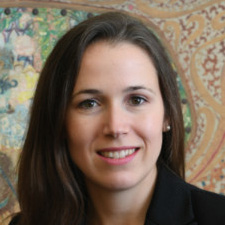
Jessica Clemons
Research Solutions Expert, Ex Libris
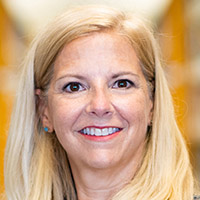
Tracy Elliott
Dean, Wilson G. Bradshaw Library, Florida Gulf Coast University
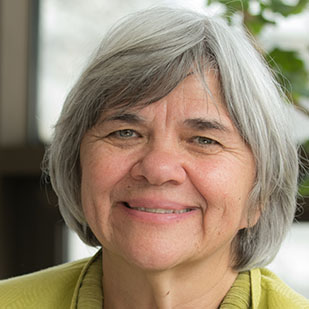
Danuta Nitecki
Dean of Libraries/Professor of Information Science, Drexel University
How can academic libraries promote institutional research expertise and output by doing what they do best—collecting and organizing information and making it easily discoverable? A panel of library leaders provides observations and insights to help academic libraries apply their unique skill set to the task of supporting the institutional goal of increasing research impact and reputation. They discuss using a RIM system to increase visibility, strengthening partnerships between the library and the research office and other critical stakeholders, and focusing on the metrics that are most important for optimizing researcher profiles and discoverability of their data and documented research.
Role of libraries
Social interoperability Esploro Research impact
11:50 am-12:10 pm
Building and Leveraging Partnerships: How to Advance EFS from the Middle

Jeffrey Agnoli
Education, Funding and Research Development, Office of Research, The Ohio State University
Since 2018, the Ohio Innovation Exchange has served as a driver of economic development and innovation across Ohio. With an eye towards the future, the implementation team successfully secured a grant from the Ohio Department of Higher Education's Third Frontier, a technology-based economic development initiative. Funding from this program facilitates new partnerships with our regional economic development offices, industry engagement/higher education professionals, academic leaders, faculty members, and library colleagues. Learn practical ways to leverage these partnerships towards measurable outcomes.
Outreach & education Role of libraries
Social interoperability Economic development Elements Case study
12:10 pm-12:20 pm
Meet Our Sponsor—Clarivate

Ann Beynon
Global Manager, Sales and Customer Success Training
Science Group, Clarivate
Ann Beynon is focused on business development, customer relations, and communication in the global scientific publishing and higher education sector. Her specialties include bibliometrics, scientometrics, research evaluation, citation analysis, information analysis, journal impact factor, web of knowledge, and web of science.
12:20 pm-12:40 pm
Research Information Management Problems in Research University Ecosystems

Na-eun Han
Doctoral Student, School of Information, Florida State University

Dong Joon Lee
RIMS Librarian and Assistant Professor, University Libraries, Texas A&M University

Besiki Stvilia
Professor, School of Information, Florida State University
This presentation reports on a qualitative study that interviewed 15 research information managers and librarians in November and December 2019. They represented 15 Doctoral Universities with Highest Research Activity in the Carnegie Classification of Institutions of Higher Education. The study examined types of research information curated, research information management services provided, and types of problems and tensions of RIM service provision and adoption on university campuses from RI managers' and librarians' perspectives. It also identified the skills RI managers and librarians need be successful. In addition, the presenters discuss how the study's findings and information science theories can inform the design and evaluation of RIM workflows and systems on university campuses.
Role of libraries RIM Problems RIM ecosystem
12:40-1:00 pm
Merging Library and EFS Instruction: Creating Collaborative Teams for Strategic Action

L. Bryan Cooper
Associate Dean for Engagement and Innovation, Florida International University Libraries

David Driesbach
Assistant Vice President for Research, FIU

Elana Karshmer
Head of Information & Research Services, Green Library, FIU
This presentation touches on the importance of scholar profiles as they relate to the university ranking process, while discussing techniques FIU used to develop tools that assist faculty in creating their profiles and disambiguating their information. By showing how staff from the library and the research and economic development office worked together to design instructional content, explain the importance of the project, and provide ongoing support, this presentation may assist other institutions in developing similar teams and outcomes.
Outreach & education Role of libraries
Social interoperability Case study Research impact
Note: All times listed are Eastern Time.
Supporting Institutional Goals through Research Analytics
Moderator: Bruce Herbert, Director, Office of Scholarly Communications, Sterling C. Evans Library, Texas A&M University
Morning Session Recording | Afternoon Session Recording
10:30 am-11:00 am
Pre-conference Networking and Technical Assistance
11:00 am-11:40 am
Keynote Address: Using Data and the Human Touch to Find Effective Partners
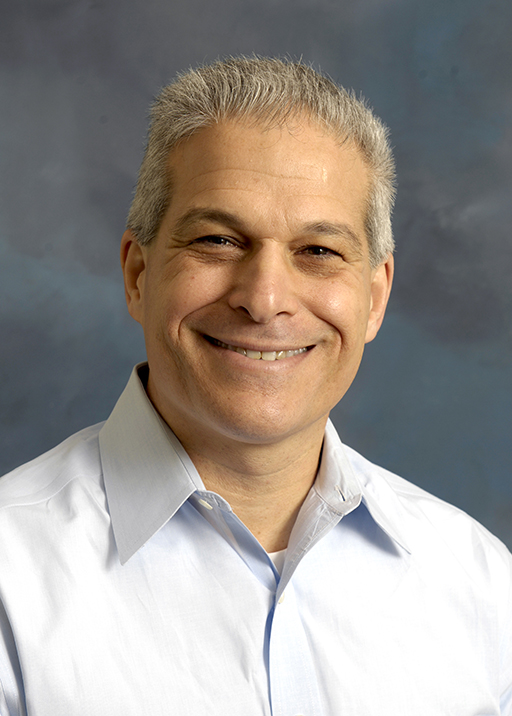
Anthony M. Boccanfuso
President & CEO, UIDP
In building effective partnerships, corporate and university leadership have the luxury of having access to modern, expansive software tools that provide objective data on experts
in very specific research and technology fields. Organizations using these tools can get a leg up on others, but the human dimension is also important in determining fit.
This session will discuss criteria that can be adopted by companies and universities to increase their partnering potential.
Economic development
11:40 am-11:50 am
Coffee Talk
11:50 am-12:10 pm
Maximizing Faculty Data with a Faculty Information System
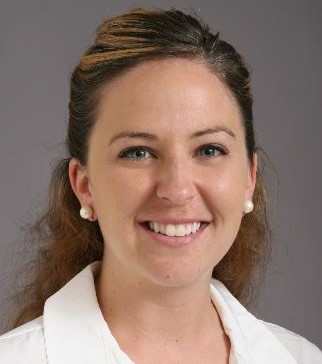
Elissa Falcone
Academic Project Manager
The University of Toledo

Jonathan Grant
Professor of Public Policy
King's College London
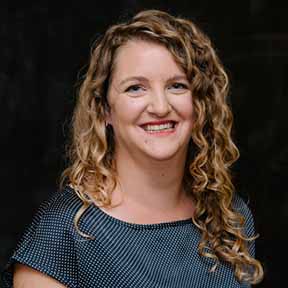
Lauren Wolk
Senior Project Manager, Services
Interfolio
Universities have access to a wealth of data about the work of scholars—but how can that data be actionable and beneficial to both the faculty and the institution? How can a faculty information system that focuses on a full picture of faculty contributions and development—research, teaching, grants, committee work, innovation—most productively fuel research collaboration and public research profiles? The presenters discuss research impact from a global viewpoint and share a case study on how The University of Toledo tracks and reports scholarship, teaching, and service to support faculty and institutional goals. The discussion explores what a faculty information system-centered approach to RIM entails.
Economic development
12:10 pm-12:30 pm
SDGs in Your Portal: How Is Your Institution Working toward Sustainable Development Goals?

Davina Erasmus
Director Product Management, Elsevier
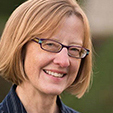
Jan Fransen
Service Lead for RIM Systems, University of Minnesota
The U of M has found the United Nations Sustainable Development Goals to be a useful lens for understanding its impact at all levels, from local to global. As the university prepares to submit data for the Times Higher Education Impact Rankings, it is also looking for ways to illustrate progress toward each goal and connect researchers working toward similar goals. The presenters discuss efforts to leverage their portal and search architecture to show off researchers' work related to each SDG. They share successes and challenges and look to how the Pure portal can help researchers and institutions build their own SDG narratives.
Economic development Pure Case study Use study Policy Research impact
12:30 pm-12:50 pm
Supporting Interdisciplinary Research at Texas A&M through the Discovery of Research Expertise, Reuse of Authoritative Data on Research, and Analysis of Research and Its Scholarly and Societal Impact
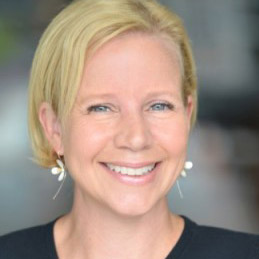
Martha Golubock
Senior Solution Manager, Digital Science

Bruce Herbert
Director, Office of Scholarly Communications, Sterling C. Evans Library, Texas A&M University
Texas A&M University Libraries developed Scholars@TAMU based on VIVO, member-supported, open-source software and an ontology for representing scholarship. The team coupled two Digital Science databases (Dimensions and Altmetrics) to Scholars@TAMU to enhance the RIM system's capabilities. The systems are interoperable, allowing relatively easy information sharing between VIVO and the databases. Specifically, the team took advantage of Dimensions' categorization of research publications based on the Australian/New Zealand Fields of Research classification scheme. The resulting system supports interdisciplinary research through the discovery of research expertise, reuse of authoritative data on research, and analysis of research and its scholarly and societal impact.
Role of libraries Elements VIVO Case study Research Impact
Note: This session's schedule follows the change to Eastern Daylight Time in the U.S. (UTC -04:00 hours).
Collaborating with External Partners + RIMS Vendor Meetup
Moderator: Rebecca Augustyniak, Executive Director, Florida ExpertNet, Florida State University
Morning Session Recording | Afternoon Session Recording
10:30 am-11:00 am
Pre-conference Networking and Technical Assistance
11:00 am-11:50 am
Building University/Industry Collaboration through the Use of Statewide Expert Finder Systems: Revisited

Jeff Agnoli
Education, Funding and Research Development, Office of Research, The Ohio State University

Amy Finley
Director, Florida ExpertNet, Florida State University
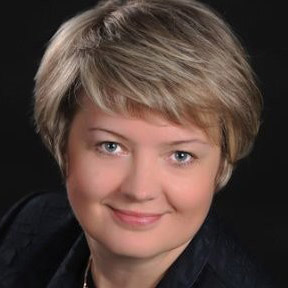
Iryna Lendel
Director, Center for Economic Development, Cleveland State University
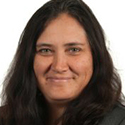
Kim Lloyd
Director of Special Projects, FuzeHub
This session provides an update on a panel discussion at the 2016 Technology Transfer Conference regarding progress made during the past four years with statewide EFS systems. In 2016 the panel was comprised of a group of participants in a study for the Ohio Manufacturing Institute titled
"Best Practices of Creating Innovation Exchange Web Portals across the States." Presenters also discuss lessons learned along the way.
Social interoperability Economic development Elements Home grown Pure
11:50 am-Noon
Coffee Talk
Noon-1:20 pm
Q & A with RIM System Vendors
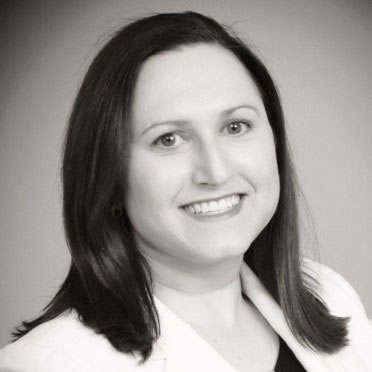
Ann Beynon
Global Manager, Sales and Customer Success Training, Science Group, Clarivate

Jonathan Breeze
Symplectic CEO, Digital Science

Nadav Doron
VP Research Solutions, Ex Libris Group

Davina Erasmus
Director, Product Management-Pure, Elsevier
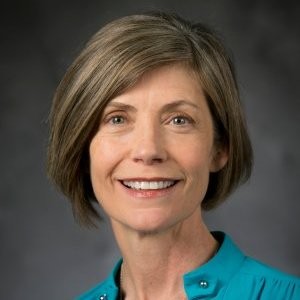
Julia Trimmer
Former Director, Faculty Systems and Analysis, Duke University & VIVO Board Member
Facilitator:
Bryan Cooper, Associate Dean for Engagement & Innovation, Florida International University Libraries
Facilitator:
David Scherer, Scholarly Communications and Research Curation Consultant, University Libraries, Carnegie Mellon University
This panel includes vendors representing services and products that support expert profiling and research information management systems. They span proprietary and open-source communities, including platforms and data services supporting turn-key and hybrid systems. The panelists represent information ecosystems that help market institutional reputation, while assisting with metrics analytics and other data assessments for organizations. Topics include defining a RIM system, use cases, varying geographical markets, reality of actual implementations, interoperability between systems, and strengths and challenges of different systems.
1:20 pm-1:30 pm
Forum Wrap Up






















































